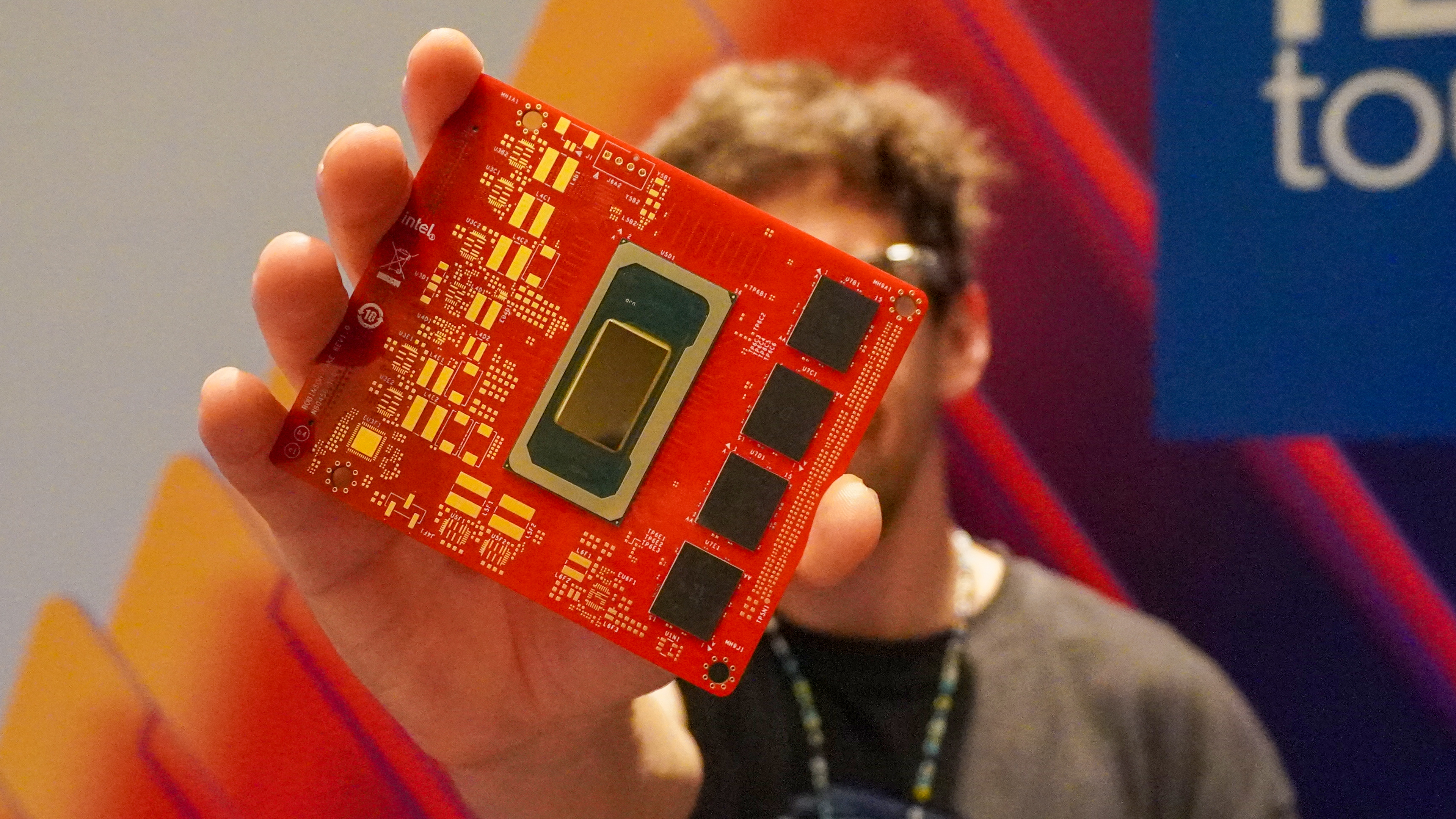I won’t buy a Switch Pro until Nintendo fixes this big problem
A Switch Pro is pointless with nothing to play
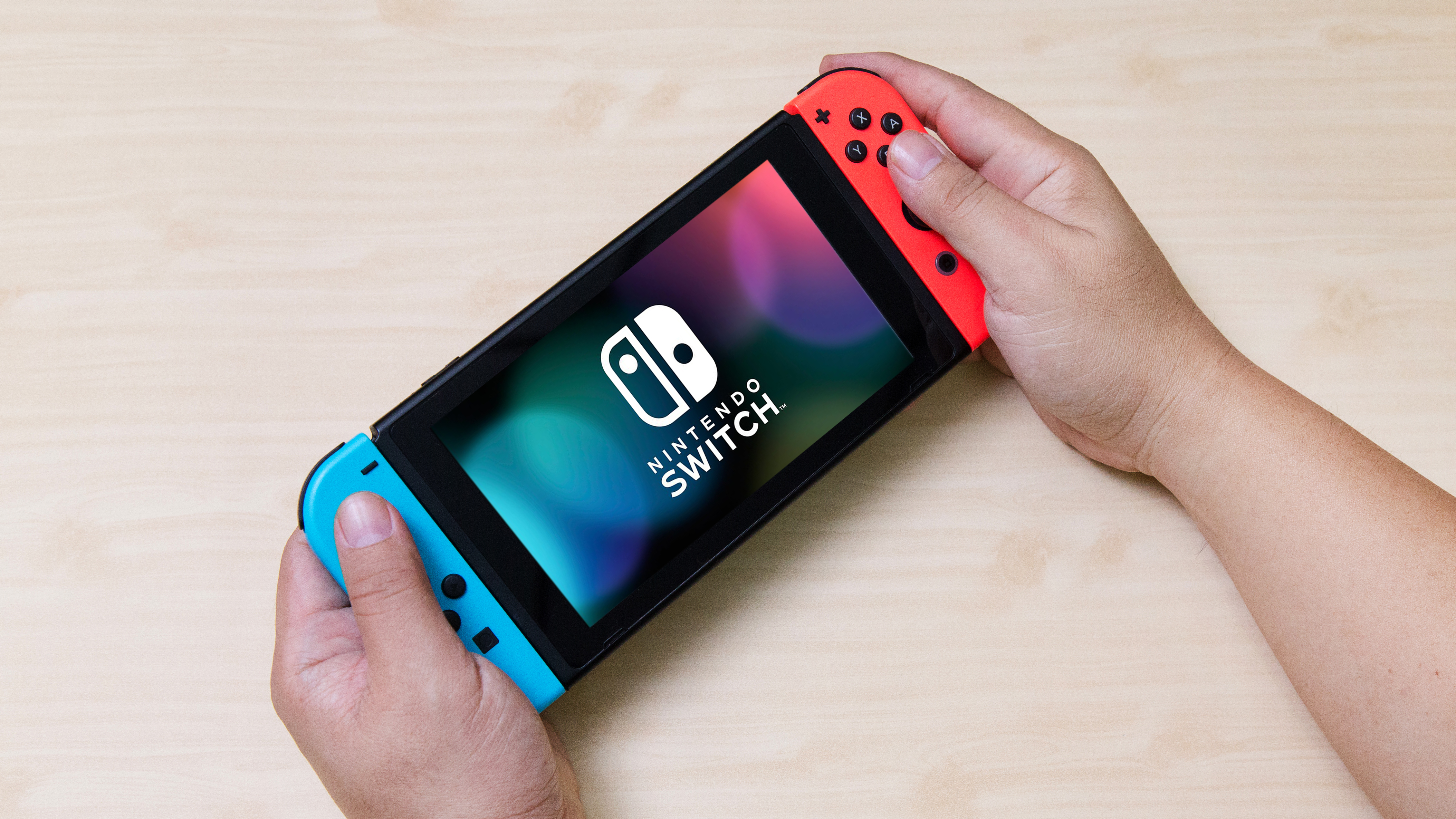
Talk of the Nintendo Switch Pro is flaring up again with several rumors and leaks suggesting that a new model of the popular home console/handheld hybrid is due for release this year.
This has of course got plenty of gamers almost twitching with anticipation, and the same is very much true at Tom’s Guide towers. We've even put together a rundown of all the features we want in an upgraded Nintendo Switch.
- Nintendo Switch Pro release date, specs, leaks and more
- 30 best Nintendo Switch games in 2021
- Plus: Breath of the Wild looks stunning in 8K
However, while I was considering if I should start my Switch Pro saving pool now or wait till the summer, I realized something: I really don’t play my regular Switch very often.
It’s not because I don’t think the Nintendo Switch is a great piece of hardware. It most certainly is, and during 2019 when I was regularly traveling for extended periods of time it was a lifesaver on lengthy train journeys. However, the Switch has one fatal flaw: there’s very little compelling software to actually play on it.
False first impression
Perhaps the reason that Nintendo’s release schedule seems so lackluster year after year is because the console came out of the gate swinging.
The console launched in March 2017 alongside The Legend of Zelda: Breath of the Wild, which for my money is still the best Switch game currently available. In the following nine months we got heavy hitting titles like Mario Kart 8: Deluxe, Splatoon 2, and Mario Odyssey.
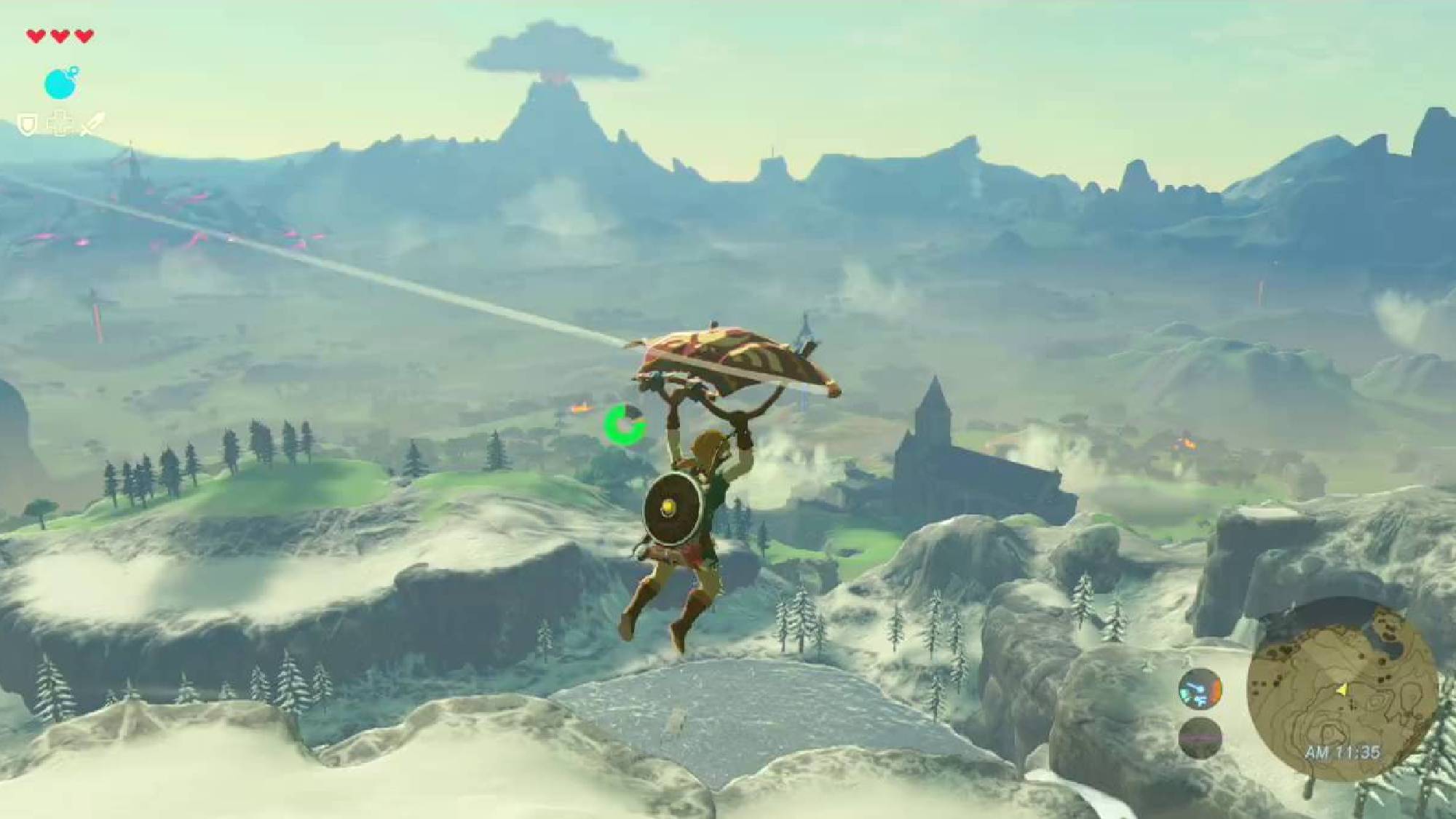
The Nintendo Switch also has great second-party exclusives like Mario + Rabbits: Kingdom Battle and Xenoblade Chronicles 2. Plus we also got ARMS, which is maybe better left unmentioned.
Get instant access to breaking news, the hottest reviews, great deals and helpful tips.
In the three subsequent years, Nintendo hasn’t put out a yearly lineup even close to that level of quality. Sure, there have been big-hitting titles like Super Smash Bros: Ultimate in 2018 and Animal Crossing: New Horizons in 2020 but since 2017 the trend has become one big title a year at best.
The Switch’s exclusive line-up has been supplemented with smaller secondary titles in established franchises such as Mario Tennis, Kirby, Luigi’s Mansion, and Mario Party. These have ranged from fun time-wasters to half-cooked disappointments, but at best are mid-tier titles not the heavy hitters Switch player crave.
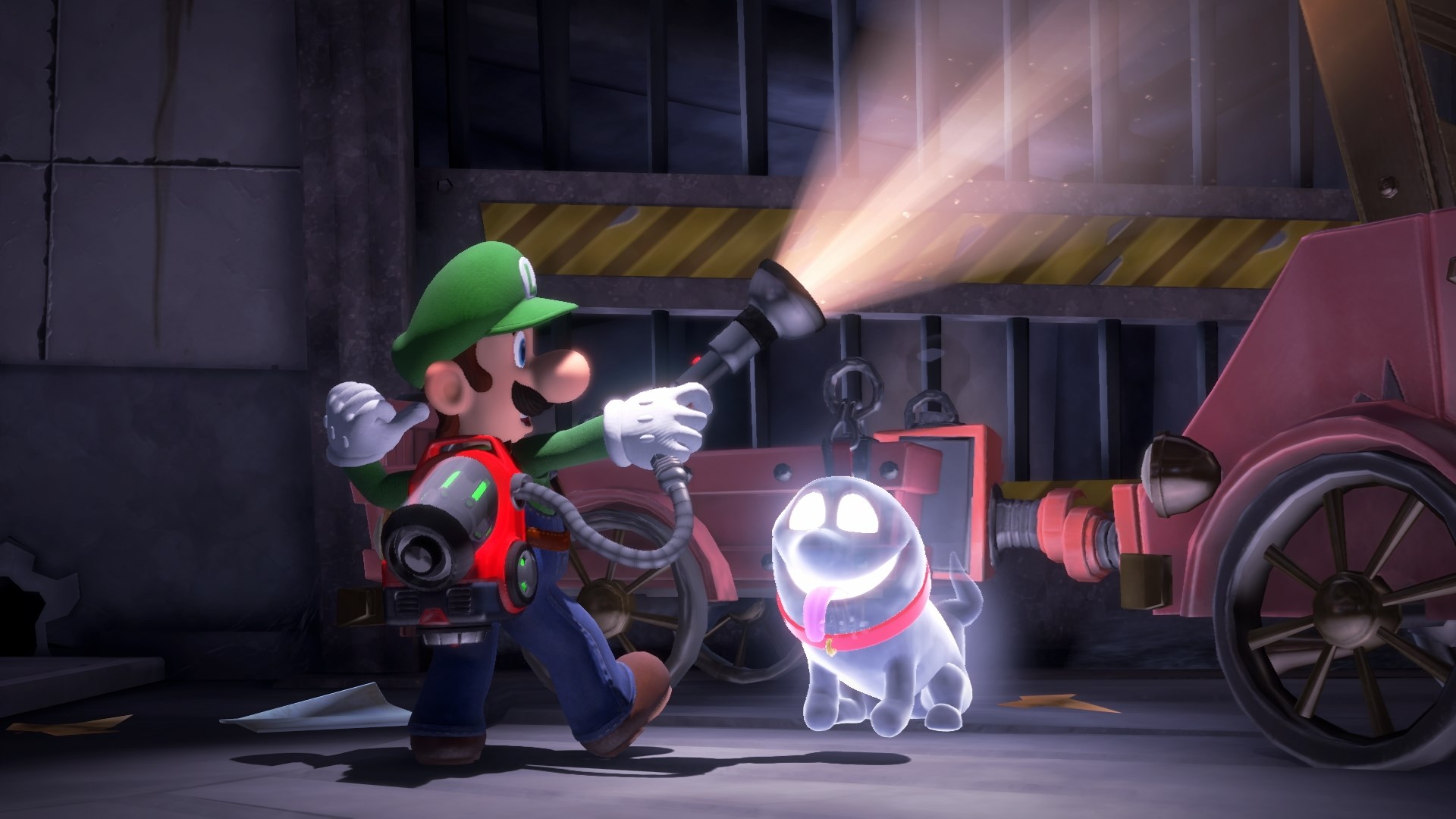
While Nintendo has always offered a new exclusive for the Switch every three or so months, the flagship titles that truly dominated the gaming conversation and become system sellers in their own right can be counted on one hand.
The problem was most apparent last month when Nintendo held its first Direct online event for 18 months. The biggest titles showcased were another Mario sports title (this time Mario Golf) and a port of a ten-year-old Zelda game that received mixed reviews the first time around. Hardly an unmissable line-up for 2021.
Such a barren release schedule has become the norm rather than the exception for the Nintendo Switch, and 2021 looks very much set to follow the trend.
The problem with Switch ports
Nintendo has attempted to plug the gaps in its exclusive schedule with ports of games that originally released on the much-maligned Wii U.
While this strategy obviously doesn’t cater to the people who actually bought that console, considering the Wii U sold 13.5 million consoles compared to the Nintendo Switch’s 74 million units to date, to the majority of Switch owners these ports are for all intents and purposes brand new games.
However, the problem is these ports are of titles that range from 5 to 9 years old. A few have aged gracefully, such as Mario Kart 8, but several have been surpassed by their predecessors which are native to the Switch.
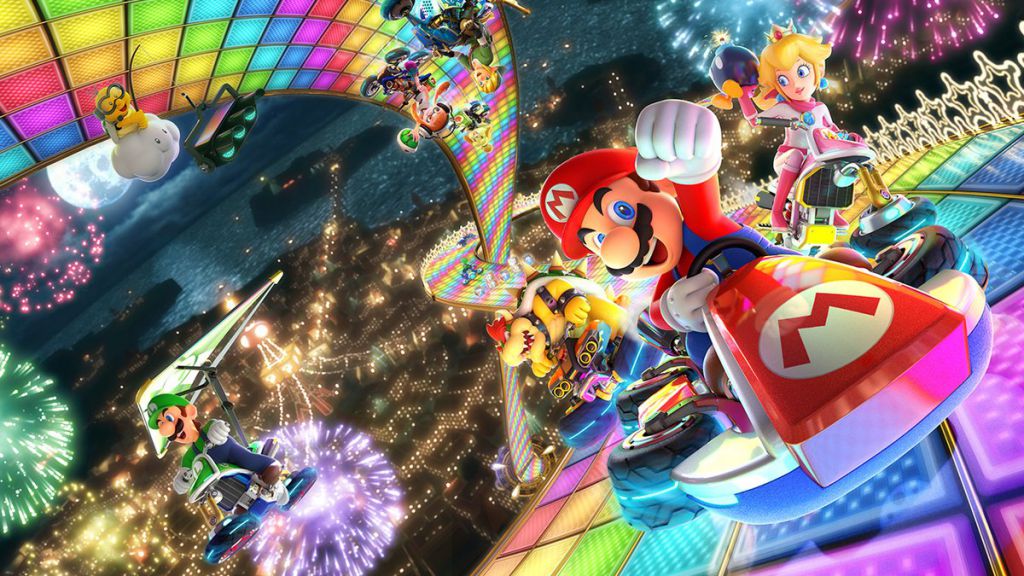
Take Super Mario 3D World, which released on the Wii U back in 2013 and was ported to the Switch earlier this year. All the improvements that 2017’s Mario Odyssey made to the Mario formula, such as the long-overdue removal of the life system, have been rollback as you’re actually playing a game that released before Odyssey.
The same will be true of The Legend of Zelda: Skyward Sword HD, which is a Switch port of a game that released on the original Wii. Players coming from Breath of the Wild might technically have a new Zelda game to play this July, but with none of the improvements offered in Link’s latest adventure. It’s a backward step.
A supplemental console
Of course, it’s not all about the exclusives. The Switch has after all seen significantly stronger third-party support than its blotched predecessor.
But, again, there are problems here. Due to tech limitations the Switch only gets a very small selection of current AAA releases, and even when the console does get new releases like in the case of Doom Eternal or Immortals: Feynix Rising the Switch port is always vastly inferior to the PlayStation/Xbox/PC version.
This has lead to much of the Switch’s third-party support being made up of ports of older games from the PS3/360 era or indie titles, many of which are excellent in fairness — games like Hades, Cuphead, and Dead Cells feel tailor-made for the Switch. But would a Switch Pro enhance these games? Doubtful.
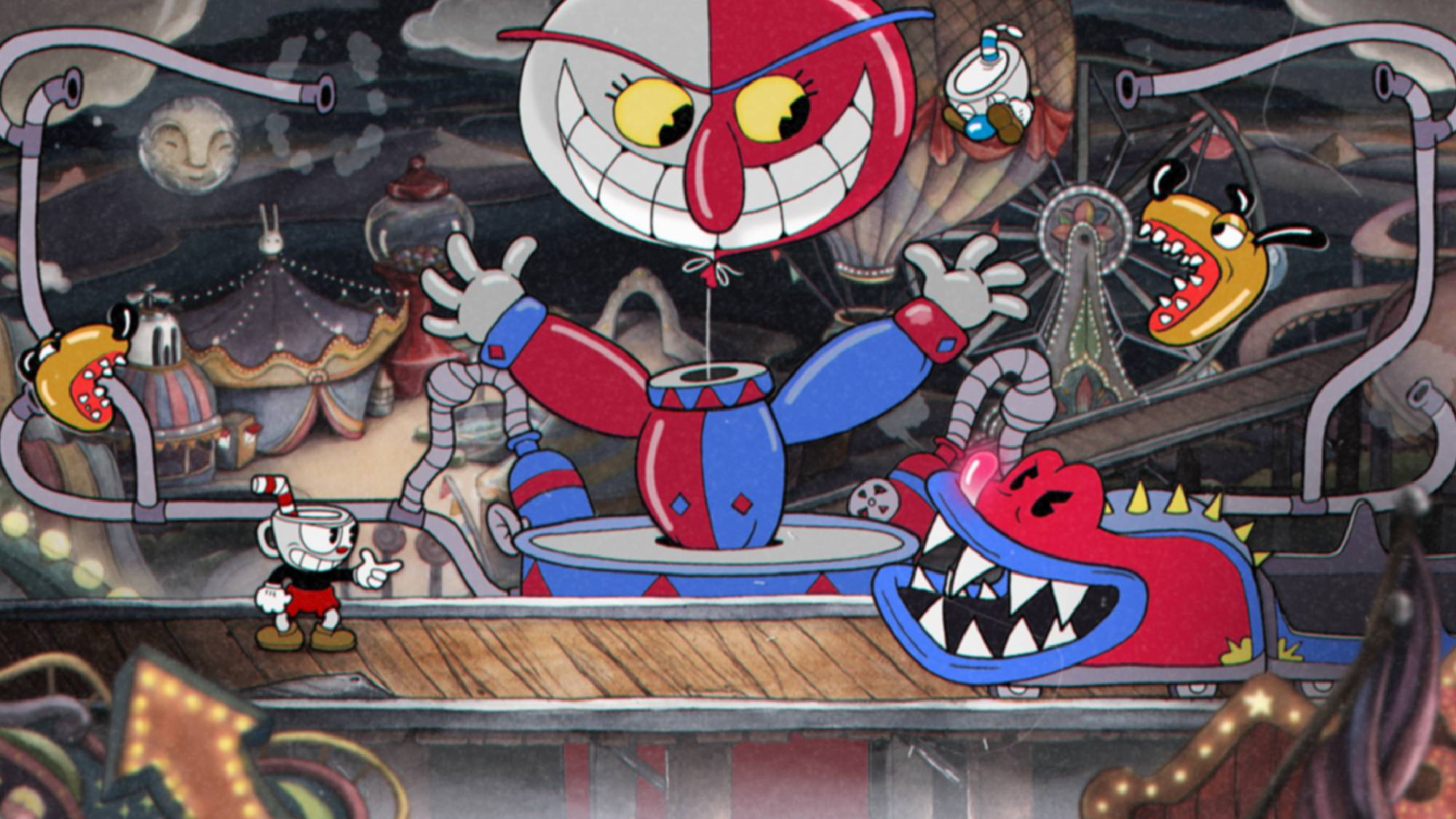
This has to lead to the Switch becoming something of a supplemental console for me. Perfect to pick up for a few weeks on the odd occasion a flagship exclusive releases and then back into its case it goes for months at a time.
Considering this, justifying investing in a Nintendo Switch Pro which will likely cost well north of $300 isn’t the most appealing proposition. As much as I want the Switch Pro to have a longer battery, a better display, and better designed Joy-Cons, before I can consider a purchase Nintendo needs to bring the big guns in terms of games first.
Of course, if Nintendo released the sequel to The Legend of Zelda: Breath of the Wild exclusively on the Switch Pro, I’ll throw down whatever money Nintendo is asking without hesitation.
I suppose that’s ultimately why Nintendo knows it can rest on its laurels. When your flagship exclusives are so good, you only need to release a couple a generation to hook in suckers like me.

Rory is a Senior Entertainment Editor at Tom’s Guide based in the UK. He covers a wide range of topics but with a particular focus on gaming and streaming. When he’s not reviewing the latest games, searching for hidden gems on Netflix, or writing hot takes on new gaming hardware, TV shows and movies, he can be found attending music festivals and getting far too emotionally invested in his favorite football team.
 Club Benefits
Club Benefits





